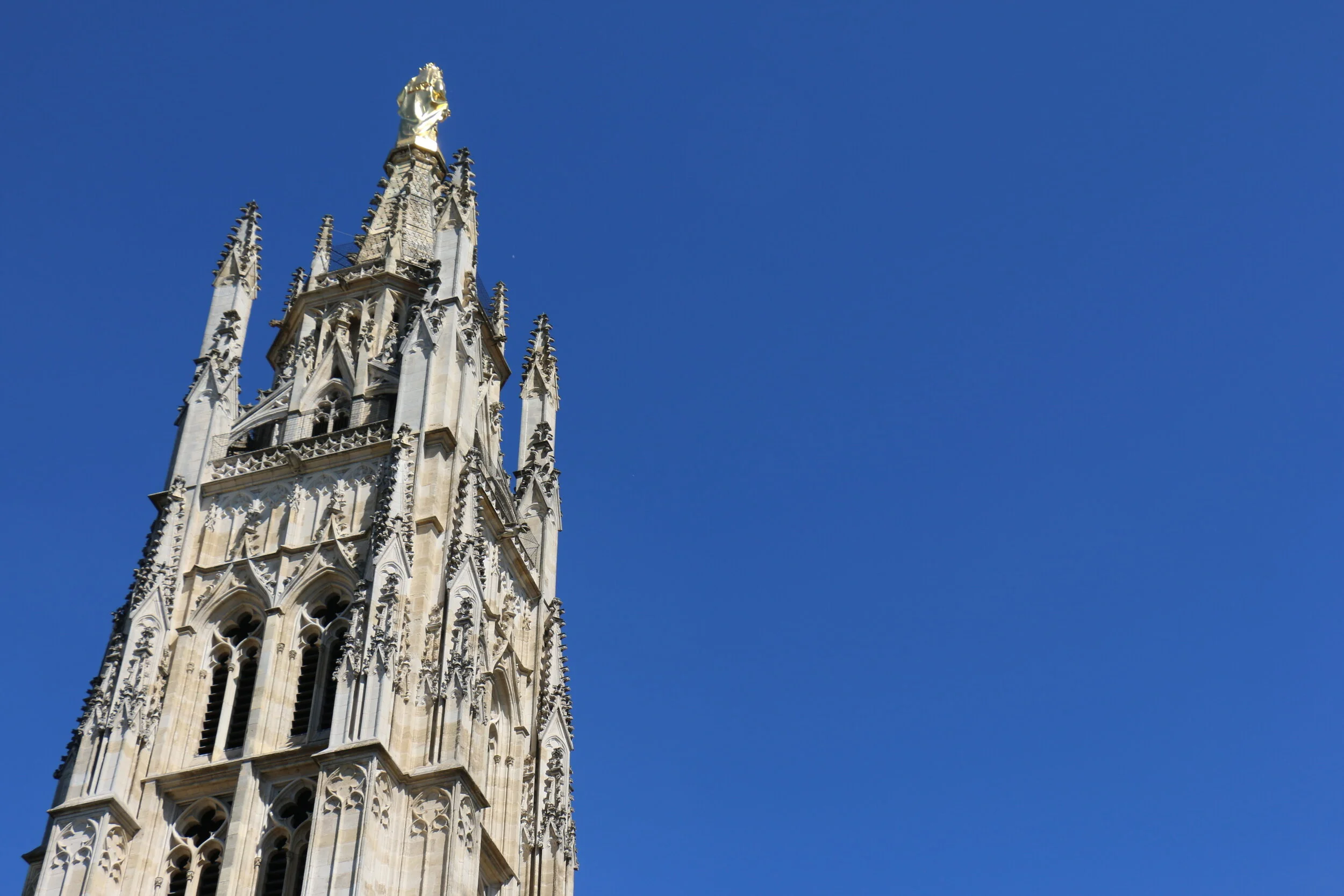Institutional Critique!
fourth year evan lasseter
photo by noah buchanan
I want to be clear.
Jesus was killed.
The point here is that Jesus was unpopular amongst the State and some religious leaders of the time. Whether it led to his death or not, the historical evidence we have indicates that in some form or fashion he certainly wasn’t afraid to challenge or critique any existing system of power. Jesus challenged the status-quo. And a further look at church history shows that most American Christians are denominational children of Martin Luther. Around 47% of American Christians are some form of protestant, and that number increases to 59% when you focus on the South, according to Pew Research.
So let’s be clear again: that’s the Protestant Reformation that got them here. Key word reformation, the act of reforming an institution or practice.
Are you thinking what I'm thinking? Probably not. I can’t help but wonder why today the church looks so skeptically at anyone looking forward or thinking outside the -current- theological box. For an institution that has its roots in revolutionaries and reformers, I find it strange it’s quick to damn anyone interested in critique, or really improvement, from within church walls.
You know the same is true about the false sense of patriotism that floods the U.S. The idea that critiquing the current government, leaders or policies is somehow “un-American” is awfully strange for a nation literally founded on revolution. I’d say one of the greatest patriots of all time, Dr. Martin Luther King Jr., was also one of the greatest dissenters of all time. Dr. King was patriotic precisely because he critiqued and challenged the powers that be to fully form a “more perfect union.”
It seems that in a lot of places, those in charge have really missed the point. They so clearly miss that the universal pattern for growth and change comes from introspection. I don’t think many people really reject the premise for individuals-- that in order to improve we must first look inward. We know that if we want to grow as people and be better humans we’re required to examine our shortcomings to fix them.
The very same is true for institutions. The betterment of society via our institutions requires brave folk from within standing up and saying, “no, this ain’t quite right.”
To be clear, yet again, Jesus was a Jew, Martin Luther was a Christian, and Dr. King was a citizen of the United States. Each reworked and revolutionized from within the walls of their culture and context. The sheer fact that people understand each as revolutionary is evidence their efforts were sources of progress and growth.
We need to flip the narrative about critiquing institutions of which we take part. We need to revel in the truth that critique is an agent of positive change, and welcome the dissent that forms within. Whether it’s your church, your campus organization, your greek house, family house, or anything else, search for where to better it and use your agency to speak out. Positive change first needs positive pressure to form.

